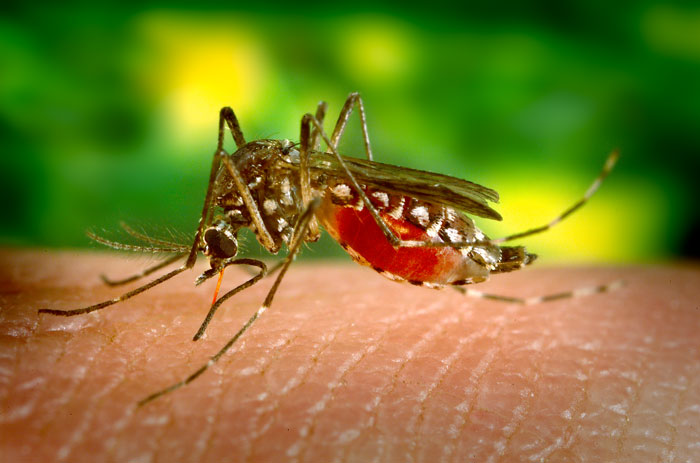"I declare today a localized epidemic of yellow fever in the provinces of Kinshasa, Kongo Central and Kwango," Kabange told a news conference.
Kinshasa is the main concern for global healthcare officials, because it has a densely packed population of more than 12 million and poor health infrastructure.
Yellow fever is transmitted by the same mosquitoes that spread the Zika and dengue viruses, although it is a much more serious disease. The "yellow" in the name refers to the jaundice that affects some patients.
The global stockpile of yellow fever vaccines has already been depleted twice this year to immunize people in Angola, Uganda and Congo. It currently stands at 6 million doses but this may not be enough if there are simultaneous outbreaks in multiple highly populated areas.
Almost 18 million doses have been distributed for emergency vaccination campaigns so far in the three African countries.
The current method for making vaccines, using chicken eggs, takes a year.
World Health Organisation advisers have recommended using a fifth of the standard dose of yellow fever vaccine in the event of a global shortage -- enough to immunize temporarily but not to give lifelong immunity.
Manufacturers of the vaccine include the Institut Pasteur, government factories in Brazil and Russia and French drugmaker Sanofi.
Congo`s outbreak, since January, comes at a time when political tensions linked to an upcoming presidential election and an economic crisis caused by a commodity slump are already putting a huge strain on the country`s stability.
President Joseph Kabila is facing opposition, which has sometimes turned violent, amid concerns that he will try to cling to power beyond the expiry of his mandate at the end of this year.
More about:
















































